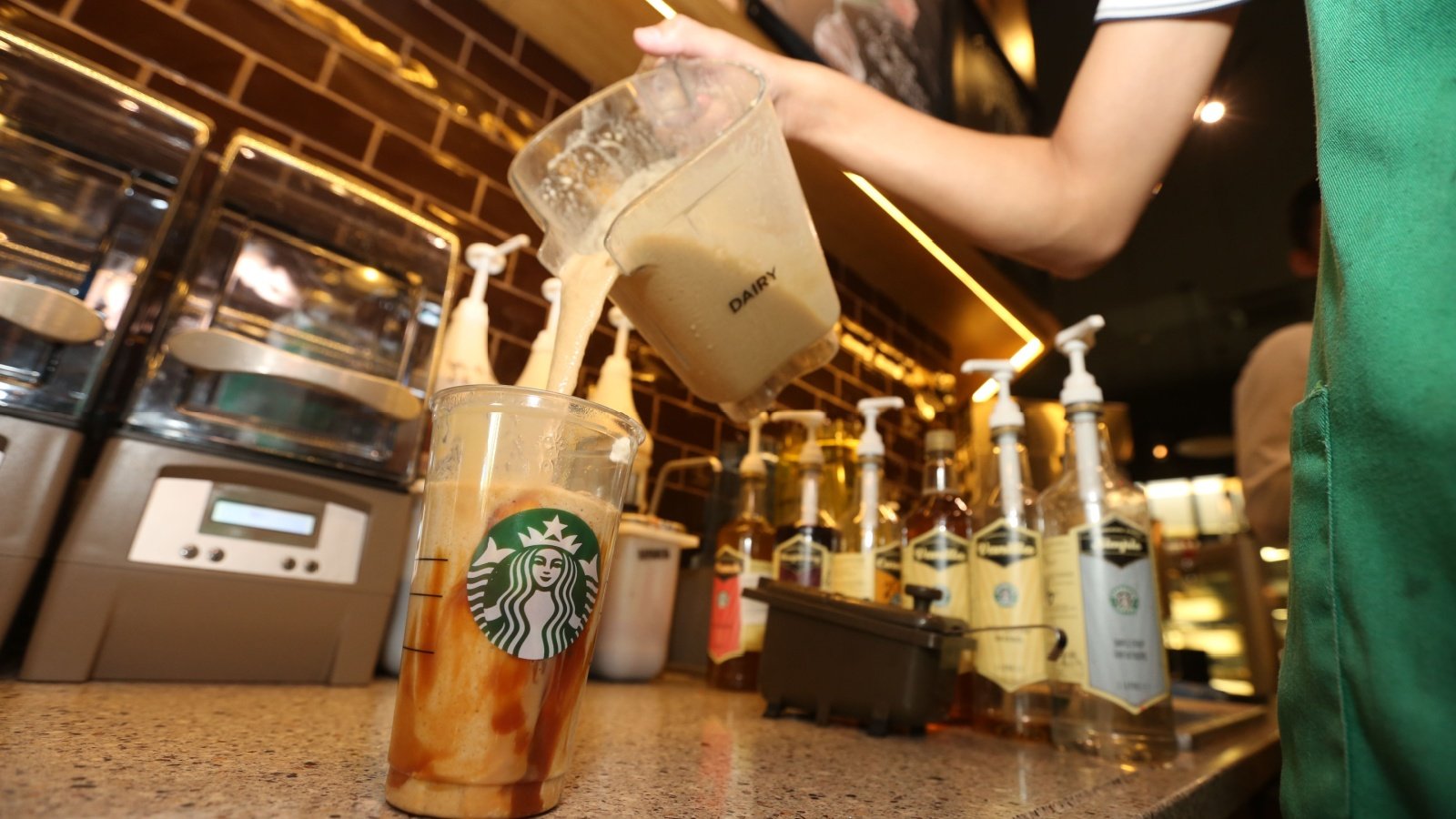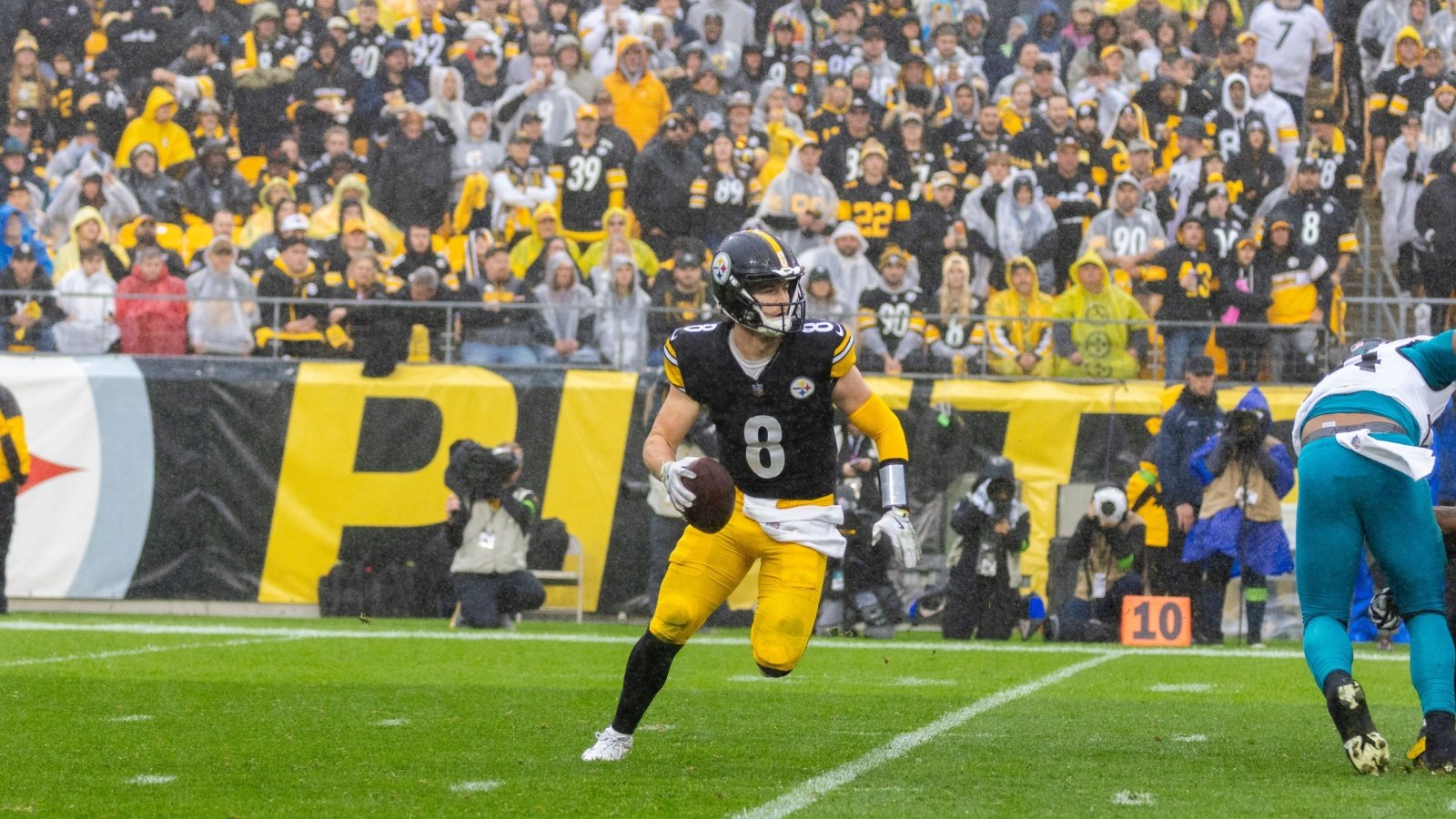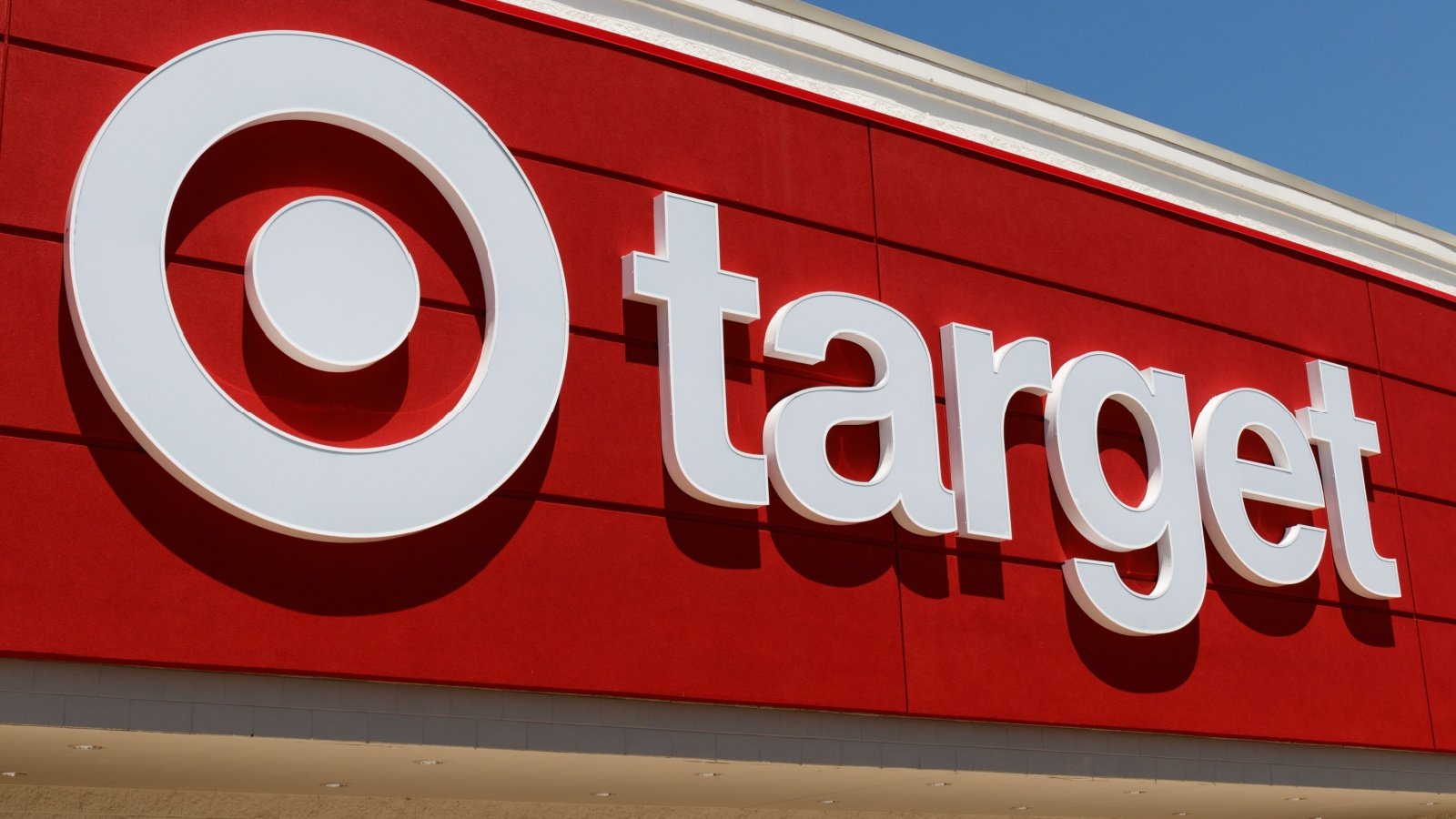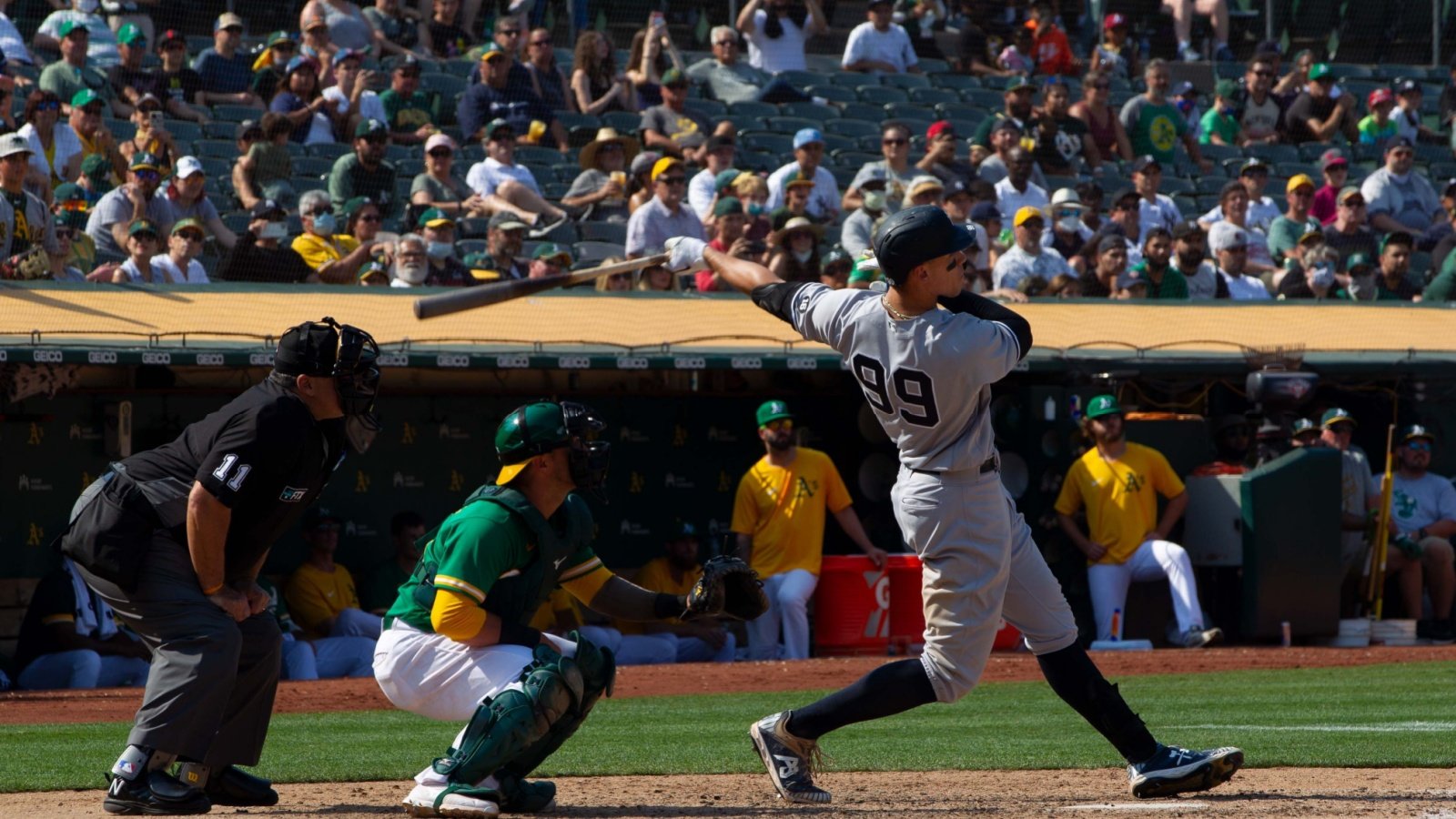In recent years, brands taking social stands—often called “going woke”—have had mixed results. While some companies won over consumers by aligning with current social movements, others saw a decline in their customer base. Here, we look at the brands that lost appeal after adopting politically charged positions.
Gillette

Gillette faced backlash after its 2019 ad campaign tackled toxic masculinity, which many customers perceived as an attack on traditional male values. Sales dipped as a significant portion of its core demographic, men, felt alienated by the message.
Starbucks

Starbucks’ 2015 “Race Together” initiative, intended to foster conversations on race relations by having baristas write the phrase on cups, was met with widespread criticism. Customers questioned the appropriateness of addressing such a complex issue in a coffee shop setting. The campaign was quickly discontinued.
Nike

Nike’s endorsement of Colin Kaepernick, known for kneeling during the national anthem to protest racial injustice, was polarizing. While the campaign initially caused a dip in stock prices and sparked a boycott, it ultimately increased their sales and brand visibility among younger demographics. However, many long-time customers felt the brand was too politically involved.
Pepsi

Pepsi’s 2017 commercial featuring Kendall Jenner, which depicted Jenner handing a police officer a Pepsi during a protest, was accused of trivializing the Black Lives Matter movement. The ad was perceived as tone-deaf and was pulled after just one day.
Ben & Jerry’s

Known for its progressive values, Ben & Jerry’s has embraced numerous social causes over the years. However, its vocal stance on various political issues has led to boycotts by consumers who prefer businesses to stay apolitical. While the brand maintains a loyal following, its overt politicization has alienated some customers.
NFL

The NFL saw viewership decline after the league became a battleground for national anthem protests initiated by Kaepernick. The controversy highlighted the risk of alienating fans who perceived the protests as unpatriotic. The NFL’s challenge has been to respect players’ rights to express themselves while maintaining its broad appeal as America’s favorite sport.
Dick’s Sporting Goods

In 2018, Dick’s Sporting Goods took a strong stance on gun control by announcing it would stop selling assault-style rifles and high-capacity magazines. This decision led to a significant backlash from Second Amendment supporters, impacting store traffic and sales. The brand’s choice underscored the difficulty of navigating social issues that deeply divide consumers.
Target

Target’s 2016 decision to allow transgender customers and employees to use the bathroom that corresponds to their gender identity sparked a nationwide debate. The policy led to a boycott by conservative groups, negatively affecting sales and creating a public relations challenge. Target’s experience highlighted the complexities of addressing human rights issues in a retail context.
Chick-fil-A

Chick-fil-A’s longstanding controversies regarding its donations to organizations opposed to same-sex marriage have repeatedly put the brand in the spotlight. While its charitable branch announced a shift away from such donations to focus on education, homelessness, and hunger, the brand’s past stance continues to impact its public image.
Hobby Lobby

Hobby Lobby’s 2014 Supreme Court case, where it sought exemption from providing contraception coverage due to religious beliefs, polarized consumers. While it won the case, the public debate framed the company as either a defender of religious freedom or an opponent of women’s rights, depending on one’s viewpoint.
Lush Cosmetics

Lush Cosmetics’ aggressive stance on environmental and human rights issues has occasionally backfired, with some campaigns seen as overreaching or preachy. While many consumers applaud the company’s activism, others feel that Lush’s approach can be judgmental, turning what was once merely a transaction into a political statement.
Grubhub

Following the 2016 U.S. presidential election, Grubhub’s CEO sent an email to all employees expressing disdain for the divisive rhetoric of the newly elected president and suggested that those who disagreed should resign. This led to public outcry and calls for a boycott on the grounds that the company was intolerant of personal political beliefs.
Patagonia

Patagonia’s active involvement in environmental conservation and its criticism of political figures and policies have strengthened its brand among like-minded consumers but have also alienated those who view its activism as excessive or unrelated to its business.
Goya Foods

In 2020, Goya Foods’ CEO praised President Donald Trump, leading to calls for a boycott of the brand, particularly from the Latino community, which felt betrayed by the endorsement. While Goya stood by its statement, claiming it was apolitical and merely appreciative of the president’s economic policies, the controversy highlighted how quickly consumer sentiment can turn.
Under Armour

Under Armour faced both backlash and support after its CEO made comments supporting Trump’s business policies in 2017. The subsequent boycotts and buycotts demonstrated how polarized consumers can respond to perceived political alignment. Under Armour’s experience illustrates the double-edged sword of corporate political involvement.
Keurig

Keurig was caught in a cultural crossfire when it pulled advertising from a politically charged TV show, leading to boycotts by viewers who supported the host. The backlash included public destruction of Keurig machines, shared widely on social media. This episode underscored the risks associated with brands taking sides in cultural and political debates.
MyPillow

MyPillow’s CEO’s vocal support for Trump and promotion of political conspiracy theories have led to significant consumer backlash and the loss of retail partnerships. The brand has become synonymous with political controversy, overshadowing its products.
MLB

Major League Baseball’s decision to move the 2021 All-Star Game out of Georgia in response to state voting laws drew sharp criticism and applause, illustrating the risks of sports organizations engaging in political activism. The move resulted in financial implications for businesses in Georgia and a heated national debate about the role of sports in political and social issues.
Disney

Disney has faced both praise and criticism for its inclusive policies and support of LGBTQ+ rights, which have led some to boycott its parks and movies. The brand’s challenge lies in balancing its progressive values with the expectations of consumers.
Dr. Seuss Enterprises

Dr. Seuss Enterprises’ decision to cease publication of several books containing outdated and racially insensitive imagery sparked a heated debate over censorship and the preservation of literature. While some applauded the decision as a positive step towards sensitivity, others viewed it as an overreaction, resulting in a surge in book sales and intense public discussion.
Trader Joe’s

Trader Joe’s faced calls to rebrand some of its international food labels, which critics claimed perpetuated racial stereotypes. While it initially seemed the company would rebrand, Trader Joe’s later decided against widespread changes, citing customer feedback. The incident highlighted the challenges brands face when cultural sensitivity and customer preferences collide.
Airbnb

Airbnb has engaged in various social initiatives, including housing for refugees and disaster victims, which have sometimes led to backlash from hosts and local communities who feel the company is overstepping its bounds as a business.
J.K. Rowling

J.K. Rowling’s comments on gender identity sparked widespread controversy and calls for boycotting her books and the Harry Potter franchise. The incident shows how personal beliefs of a brand’s figurehead can impact consumer perceptions and sales, particularly in industries tied closely to individual creators.
Lego

Lego’s efforts to promote inclusivity and remove gender stereotypes from its toys have been both praised and criticized. Some consumers feel that the brand is pushing a political agenda, which has influenced their purchasing decisions. Lego’s challenge is to innovate in ways that respect diverse consumer values while staying true to its core mission of play and creativity.
Reebok

Reebok’s outspoken support on social issues, including women’s rights and anti-racism, has positioned it as a progressive brand but has also led to alienation of consumers who prefer apolitical brands. This polarization reflects the broader cultural divide and poses a strategic challenge for Reebok as it seeks to maintain its market share in a competitive industry.









Wenn Sie Ihre Auswahl aber etwas spezifizieren wollen, so können Sie eine Vielzahl von Filter
auswählen, die Sie dort auch aufgelistet finden werden. Alle Casino Webseiten,
die Sie hier finden, wurden vom Casino Guru Analyseteam gründlichst überprüft.
Sie müssen hierzu lediglich ein Konto bei einer der besten Casino Webseiten, die Sie auf dieser Seite finden werden, anlegen. EinEinzahlungsbonus wird
dann vergeben, wenn der Spieler oder die Spielerin eine Bargeldeinzahlung auf die betreffenden Casinoseite erfolgreich
durchgeführt hat. Glücksspiel birgt einige Gefahren in sich, vor allem dann,
wenn es außer Kontrolle gerät.
Als Teil der Freizeitgestaltung bieten gerade Spielbanken heute ein Rundum-Paket aus Glücksspiel, Gastronomie und
Events an. Hinzu kommen weitere Karten- und Würfelspiele sowie Kategorien wie Video Poker und Lotteriespiele aus der ganzen Welt.
Schaut euch die Hauptgewinne in den staatlichen Spielbanken wie zum Beispiel den Niedersachsen Jackpot an. Beispiele für Echtgeld
Slots mit besonders hohen Werten habe ich oben auf der
Seite aufgeführt.
Klassiker wie Book of Ra, Lucky Lady’s Charm, Lord of the Ocean und Sizzling Hot sind sowohl aus Spielhallen als auch aus Online Spielotheken bekannt.
Novoline ist die bekannteste Marke des österreichischen Glücksspielkonzerns
Novomatic und steht für einige der meistgespielten Slots in Deutschland.
Beliebt sind Spielautomaten mit stabil hohen Quoten, da sie langfristig bessere
Gewinnchancen bieten. Viele dieser Automaten bieten RTP-Werte von 94% bis 96%
und starten bereits ab 0,10€ Einsatz.
References:
https://online-spielhallen.de/meine-umfassende-fresh-casino-erfahrung-ein-tiefer-einblick/
Relax and unwind in our generous Villas with private Butler service,
magnificent Melbourne views and elegant living and dining
spaces. We expect a full transformation to a world standard
example of excellent practice in the delivery of casino services.
The plan specifies the Crown Melbourne Board’s transformation objectives,
priorities and outcomes, milestones, and timelines for the
next three years.
Located in Southbank, our hotels are the gateway to
world-class restaurants, luxury boutiques, stunning museums and exciting sporting
events. Everything you need to know about visiting, staying, and playing at
Crown Melbourne Casino & Resort. Crown Melbourne has
raised the bar for what a casino resort should be in Australia.”
References:
https://blackcoin.co/welcome-to-paradise-8-casino-au-real-money-pokies-fast-payouts/
Level Up Casino occupies a special place in the modern gambling industry.
At Level Up Casino creating an account is rather important, but the account verification procedure is one of the crucial steps for registration since it enables to provide safe process and follow legal
requirements. The Level Up website is rather extensive and if you are using a slow connection the website will take too
much time to load in the browser. If the user entered his ID
and password correctly, but still could not log into
the personal account, most likely, you are using a very old
version of the mobile application and need
to update it.
The online platform is well adapted for use on a smartphone or tablet.
Sportsbook offers competitive odds and interesting betting options, so you will be no less interested here than in the casino section. Active online casino promotions are presented a little
below. There are also convenient filters for searching for games by providers, titles and themes.
References:
https://blackcoin.co/richard-casino-no-deposit-bonus-promo-codes-tournaments/
online american casinos that accept paypal
References:
cello.cnu.ac.kr
us poker sites that accept paypal
References:
https://rsh-beveiliging.nl/employer/paypal-casino-list-2025-online-casinos-with-paypal/
online american casinos that accept paypal
References:
https://bluestreammarketing.com.co/employer/best-online-casinos-canada-2024/
paypal online casino
References:
https://www.mvacancy.com/companies/safe-fast-payouts/